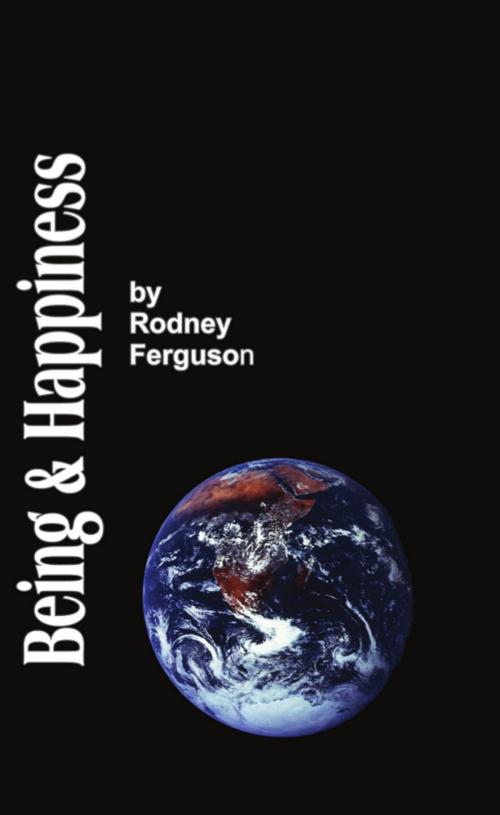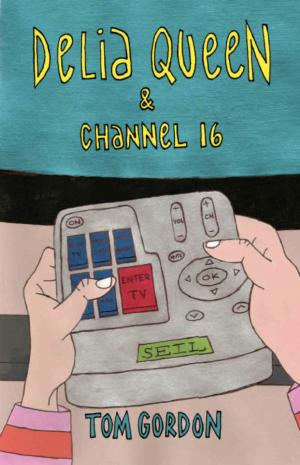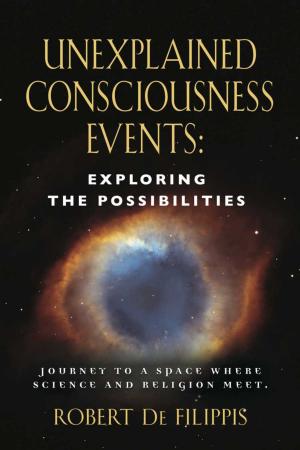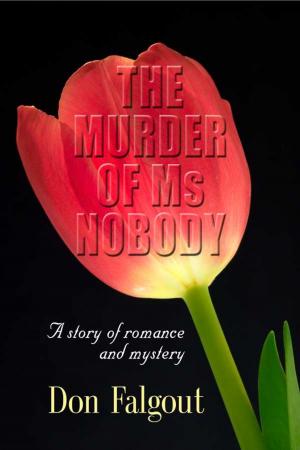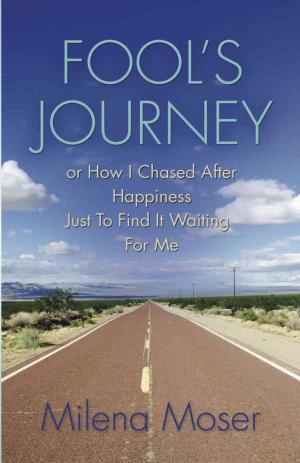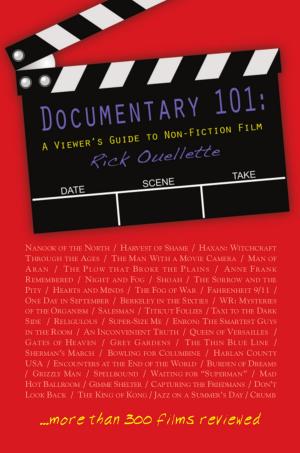BEING AND HAPPINESS: The Aesthetic / Metaphysical Solution to the Problem of Life for the Skeptical
Nonfiction, Religion & Spirituality, Philosophy, Metaphysics, Health & Well Being, Self Help, Mental Health, Happiness| Author: | Rodney A. Ferguson | ISBN: | 9781626465053 |
| Publisher: | BookLocker.com, Inc. | Publication: | October 28, 2003 |
| Imprint: | Language: | English |
| Author: | Rodney A. Ferguson |
| ISBN: | 9781626465053 |
| Publisher: | BookLocker.com, Inc. |
| Publication: | October 28, 2003 |
| Imprint: | |
| Language: | English |
Seeking to prove that the world makes sense and everyone can be happier, Being and Happiness is a duet of worldviews. It challenges old assumptions and posits new juxtapositions in an attempt to fathom the depths of metaphysics and human psychology. It calls for an analytic spirituality that is informed by science, history, economics, and art. By using dialogue to confront assumptions and poetry to explicate various phenomena, Being and Happiness is written with direct simplicity but post-modern sensibility. Unlike new age books, every assumption is challenged in an effort to arrive at honesty, if not an approximate truth.
This book is the self-exploration of someone who is extremely happy by any measure. It uses a fictional setting to illustrate a path to complete happiness from deepest depression. A dialogue format is used to question bold philosophical and psychological claims. There are two characters: Virgil, who is trying to prove that the world makes sense and is a great place to live, and Dante who is a skeptic yet happens to be his wife.
It is a philosophical bouillabaisse that subtly dialogues with Herman Hesse's Siddhartha, Richard Bach's Illusions, Napoleon Hill's Think and Grow Rich, Daniel Dennett's Consciousness Explained, and Adam Smith's Wealth of Nations. Don't forget the slices of Proustian French bread on the side.
Being and Happiness will make you happier.
Seeking to prove that the world makes sense and everyone can be happier, Being and Happiness is a duet of worldviews. It challenges old assumptions and posits new juxtapositions in an attempt to fathom the depths of metaphysics and human psychology. It calls for an analytic spirituality that is informed by science, history, economics, and art. By using dialogue to confront assumptions and poetry to explicate various phenomena, Being and Happiness is written with direct simplicity but post-modern sensibility. Unlike new age books, every assumption is challenged in an effort to arrive at honesty, if not an approximate truth.
This book is the self-exploration of someone who is extremely happy by any measure. It uses a fictional setting to illustrate a path to complete happiness from deepest depression. A dialogue format is used to question bold philosophical and psychological claims. There are two characters: Virgil, who is trying to prove that the world makes sense and is a great place to live, and Dante who is a skeptic yet happens to be his wife.
It is a philosophical bouillabaisse that subtly dialogues with Herman Hesse's Siddhartha, Richard Bach's Illusions, Napoleon Hill's Think and Grow Rich, Daniel Dennett's Consciousness Explained, and Adam Smith's Wealth of Nations. Don't forget the slices of Proustian French bread on the side.
Being and Happiness will make you happier.
